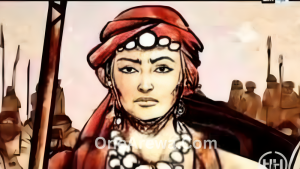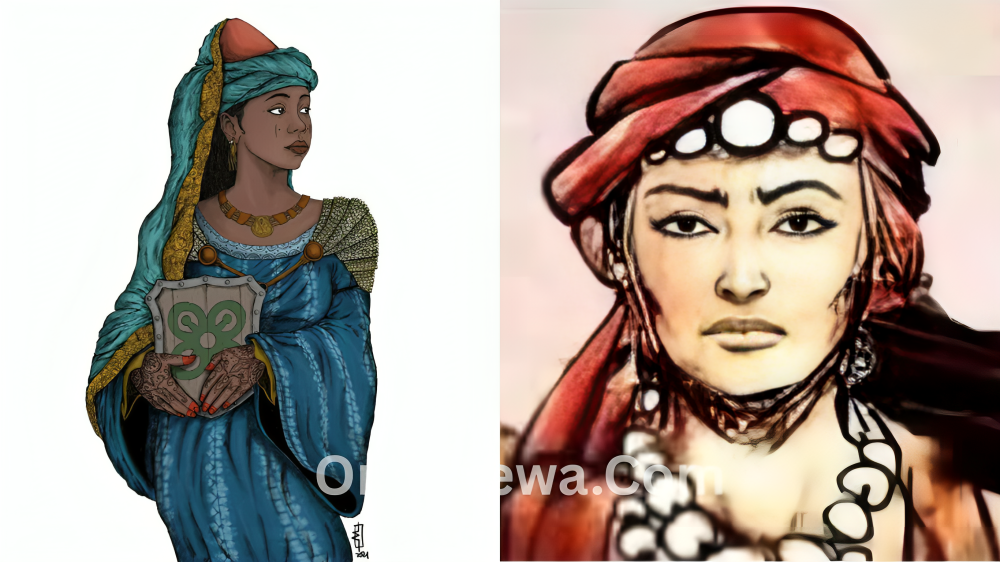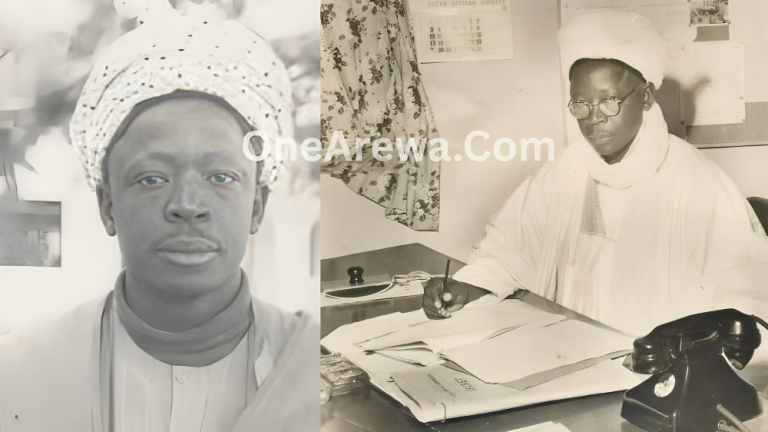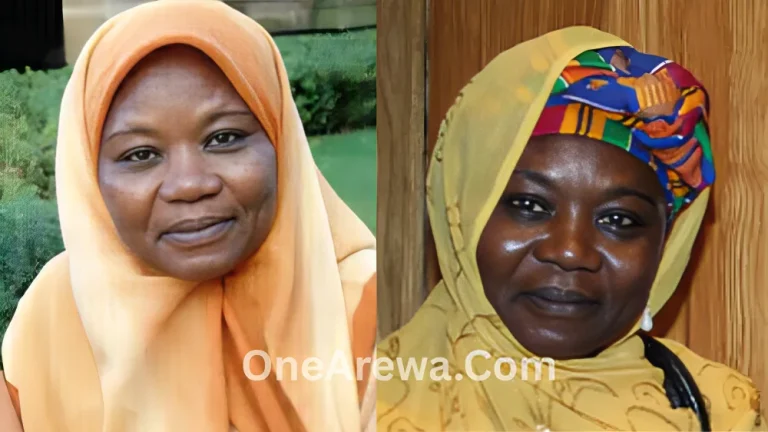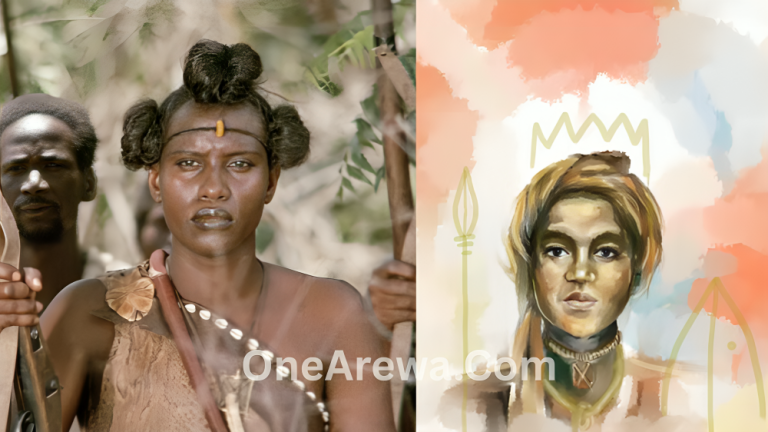Magajiya Daurama: The Untold Story of Africa’s First Female Ruler
Magajiya Daurama: The Untold Story of Africa’s First Female Ruler
Magajiya Daurama, also known as Queen Daurama, was a legendary Hausa monarch who ruled in the 9th century as the last matriarchal ruler (Kabara) of Daura, a historic Hausa state in what is now Katsina State, Northern Nigeria.
Renowned for her strength and wisdom, Queen Daurama governed from Tsohon Birni (“Old Town”) before relocating the capital to a new city she named Daura, which remains a significant emirate today.
Her reign marked the end of female dominance in Hausa political power and the beginning of the Hausa Bakwai kingdoms through her union with Bayajidda, a legendary warrior who killed the sacred snake Sarki that controlled the town’s water supply.
Their son, Bawo, became the forefather of rulers across the seven original Hausa states.
Celebrated as the founding mother of the Hausa Empire, Magajiya Daurama’s legacy endures in oral history, cultural identity, and the political structure of Hausaland, making her one of the most influential female rulers in African history.

Magajiya Daurama Wiki Profile
-
Full Name: Magajiya Daurama (also known as Queen Daurama)
-
Title: Last Kabara (female ruler) of Daura
-
Reign: 9th century (circa 800s AD)
-
Region Ruled: Daura, a historic city in present-day Katsina State, Nigeria
-
Significance: Last matriarchal ruler before the Hausa Empire transitioned to patriarchal rule
-
Capital Shift: Moved the capital from Tsohon Birni (Old Town) to Daura, named after herself
-
Cultural Role: Known as the founding “Queen Grandmother” of the Hausa people
-
Legend Connection: Married the legendary hero Bayajidda, whose lineage founded the Hausa Bakwai (Seven Hausa States)
-
Legacy: Daura remains an important emirate and cultural center in Northern Nigeria
-
Historical Impact: Key figure in the political and social transformation of early Hausa civilization
-
Oral Tradition: Her story is preserved in Hausa folklore and the Bayajidda legend
Check Out: Hajiya Bilkisu Yusuf: Nigeria’s First Female Newspaper Editor and Feminist Icon
